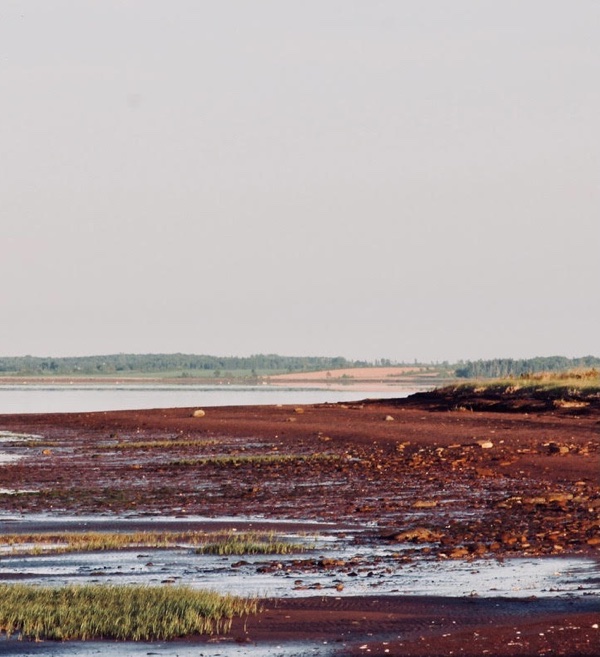Walking Softly in the Bush: Apprenticing to the Earth in an Ecological Curriculum
DOI:
https://doi.org/10.25071/1916-4467.40632Keywords:
ecological curriculum, life writing, literary métissageAbstract
In this piece, we conceptualize walking in the bush as an act of ecological apprenticing. Even after many years of learning/teaching, we also attune to the limits of our knowledge, seeing ourselves as continually evolving in our practice of nurturing more ethical and responsible apprenticeship relations, both out in the bush and in the classroom. Together, we write about places in the bush that are sacred to us, places around the Nicola Valley and the Nehalliston in the interior of British Columbia. We undertake a holistic and relational dialogue, grounded in life writing and literary métissage (Erika Hasebe-Ludt, Cynthia Chambers & Carl Leggo, 2009). We interpret the work of an ecological curriculum through four interrelated concepts of apprenticing: 1) as a sustained and lifelong, imperfect and unfinished practice; 2) as learning/teaching through sensory heartful attunement; 3) as teaching/learning through wonder; and 4) as a gift which creates relationships and obligations (“bound by legal agreement”). Drawing on Vern’s lifelong pedagogical work of “walking in the bush” and Jodi’s poem entitled “Huckleberry Prayer,” we undertake an intergenerational dialogue around an ecological curriculum as an act of apprenticing to the Earth.References
Buhner, Stephen Harrod. (2004). The secret teachings of plants: The intelligence of the heart in the direct perception of nature. Inner Traditions.
Chah, Ajahn. (2005). Everything arises, everything falls away. Shambalah.
Derby, Michael. (2015). Place, being, resonance: A critical ecohermeneutic approach to education. Peter Lang. DOI: https://doi.org/10.3726/978-1-4539-1656-8
Donald, Dwayne. (2012). Advance praise for a heart of wisdom. In Cynthia M. Chambers, Erika Hasebe-Ludt, Carl Leggo, & Anita Sinner (Eds.), A heart of wisdom: Life writing as empathetic inquiry (p. i). Peter Lang.
Gray, Beverly. (2011). The boreal herbal: Wild food and medicine plants of the North: A guide to harvesting, preserving, and preparing. Aroma Borealis.
Greenfield, Ben. (2020). Boundless: Upgrade your brain, optimize your body & defy aging. Victory Belt.
Griffin, Susan. (1995). The eros of everyday life: Essays on ecology, gender and society. Doubleday.
Hasebe-Ludt, Erika, Chambers, Cynthia M., & Leggo, Carl. (2009). Life writing and literary métissage as an ethos for our times. Peter Lang.
Leggo, Carl. (2019). Light and shadow: Four reasons for writing (and not writing) autobiographically. In Rita L. Irwin, Erika Hasebe-Ludt, & Anita Sinner (Eds.), Storying the world: The contributions of Carl Leggo on language and poetry (p. 144-157). Routledge. DOI: https://doi.org/10.4324/9780429025600-13
Online Etymology Dictionary (2020). Apprentice. Retrieved June 25, 2020, from https://www.etymonline.com/search?q=apprentice
Wagamese, Richard. (2016). Embers: One Ojibway’s meditations. Douglas & McIntyre.
Wall Kimmerer, Robin. (2013). Braiding sweetgrass: Indigenous wisdom, scientific knowledge, and the teachings of plants. Milkweed.
Downloads
Published
How to Cite
Issue
Section
License
Copyright (c) 2021 Jodi Marie Latremouille 
Copyright for work published in JCACS belongs to the authors. All work is licensed under a Creative Commons Attribution-ShareAlike 4.0 International license.


